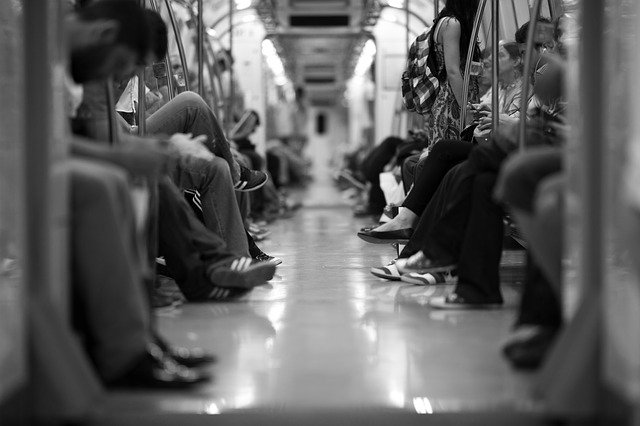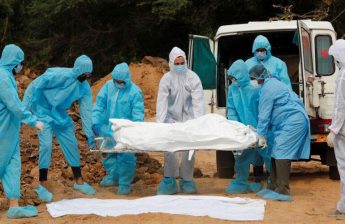KUALA LUMPUR, Jan 8 — Malaysians will unlikely be able to return to pre-pandemic life of hugging loved ones or joining gatherings, even with the arrival of Covid-19 vaccines this year.
Consultant paediatrician Dr Musa Mohd Nordin said that a person who has undergone a complete Covid-19 vaccination process should still adhere to Covid-safe standard operating procedures (SOPs) and reduce social engagements that garner large crowds.
“Once vaccinated, you will be protected from Covid. But the studies have yet to show that you will not be spreading the virus to those around you,” Dr Musa told CodeBlue.
“You may still be an asymptomatic carrier and transmit the virus to others. Until this is proven, the vaccinee still needs to wear a mask and maintain physical distance, avoid high risk activity where the 3C (Crowded places; Confined spaces; Close conversations) are worst in nightclubs, pubs etc,” he added.
Although the Pfizer-BioNTech and Moderna Covid-19 vaccines have shown 95 per cent effectiveness at preventing illness, it is not clear if a vaccinated person can spread the virus to a non-vaccinated person.
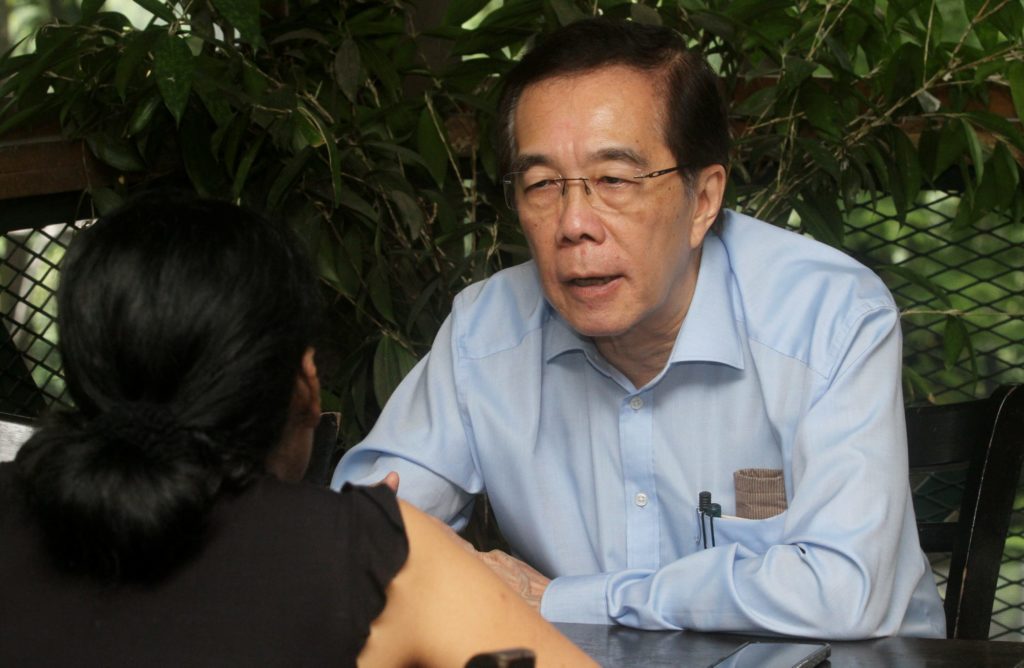
Former Malaysian Medical Association (MMA) president Dr Milton Lum also emphasised that preventive measures such as maintaining physical distancing, usage of face masks, avoidance of crowds or large gatherings, as well as frequent handwashing will likely last in 2021 although a Covid-19 vaccine is available.
“90 per cent of effectiveness means that, when you vaccinate 100 people, ten people won’t won’t get immunised with the coronavirus. This means those ten people can get infected and silently spread the virus in the community,” Dr Lum told CodeBlue.
According to the New York Times, the Covid-19 vaccine trials conducted by Pfizer and Moderna only identified the probability of a vaccinated person getting sick with Covid-19. However, the trials did not address the possibility of vaccinated people getting infected without symptoms and spreading the virus to others.
Dr Anthony Fauci, the director of the National Institute of Allergy and Infectious Diseases of the US, also pointed out that even though the vaccines show more than 90 per cent effectiveness, there is a chance for the efficacy of the shots to vary according to individuals.
Dr John Teo, an obstetrician and gynaecologist in Kota Kinabalu, Sabah, said that vaccines are not “magic bullets” to fight the Covid-19 virus. Instead, preventive measures in public health are essential to halt widespread transmission.
“Vaccine is an important addition to the tools we have to fight the pandemic. What we know about the Covid-19 vaccines is that they decrease the chance of someone getting serious symptoms or complications if you get infected,” Dr Teo told CodeBlue.
Dr Teo, who affirmed the statements of Dr Musa and Dr Lum, added that all should comply with SOPs until discovering the exact percentage of the population that needs to be vaccinated, and the duration of vaccine protection.
“Masking will confer 65 per cent protection and practicing social distancing will provide 90 per cent protection. We have to continue to be vigilant,” Dr Musa stated.
Wider Vaccine Coverage Will Accelerate Herd Immunity
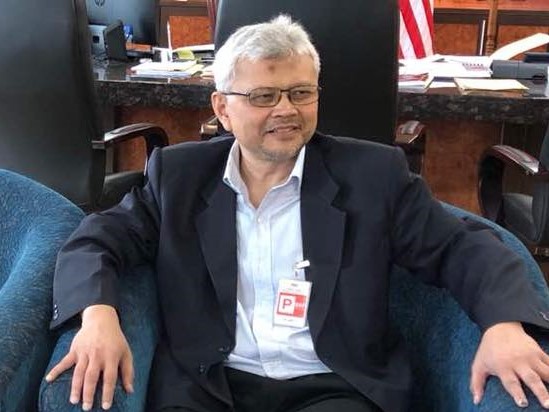
Malaysian medical experts said Covid-19 vaccines will provide protection to people from being infected by the virus only if enough of the population get vaccinated.
When asked if vaccines will put an end to the acute phase of the Covid-19 epidemic in Malaysia this year, Dr Musa said: “Most certainly until enough number of people are immunised to confer herd protection.
“At least 60 to 70 per cent of the population is required to be immunised to confer herd immunity.”
Malaysia has successfully secured Covid-19 vaccines for 40 per cent of its population so far, and is finalising agreements to immunise more than 80 per cent of the population in total. The first million doses of the Pfizer-BioNTech vaccine are expected to arrive in Malaysia next month, while AstraZeneca estimated the first deliveries of its Covid-19 vaccine to Malaysia in the first six months of this year.
According to STAT, 75 per cent of the population in the United States should acquire immunity against the Covid-19 virus to produce herd immunity in order to halt virus transmission.
Dr Lum, who concurred with Dr Musa, said: “Vaccines will not end the pandemic in 2021 as at least 60 to 70 per cent of the population have to be vaccinated.”
Recently, however, the Galen Centre for Health and Social Policy projected that the national Covid-19 vaccination programme will take at least one year to achieve 35 per cent population coverage in Malaysia, as this requires almost a million people to get immunised each month.
Logistical Challenges In East Malaysia
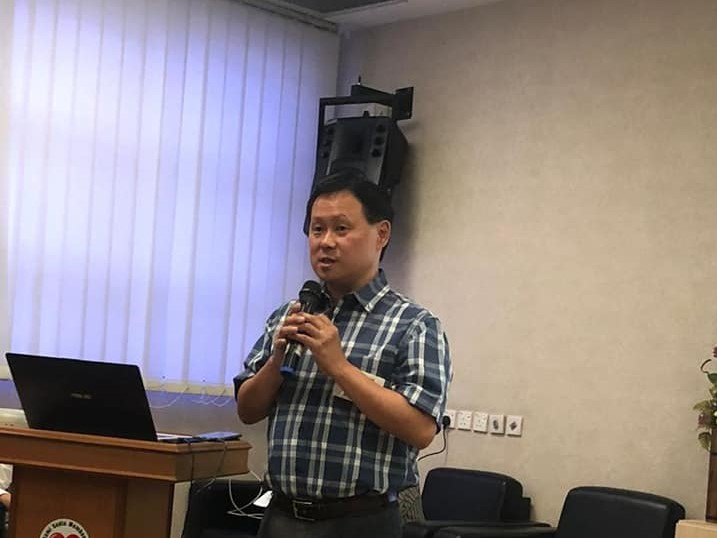
Although Malaysia has successfully sealed some prominent vaccine deals, the last-mile delivery remains a major challenge in transporting mRNA vaccines, particularly to all corners of the country.
“The purchase of the vaccines is the easiest part. What preparations have the government made for the logistics and delivery of the vaccines and the processes of mass vaccination?” Dr Lum questioned.
An unbroken cold chain has to be maintained for the Pfizer-BioNTech vaccine throughout various modes of transportation until the vaccines are carried to respective vaccination centres.
Rural areas, particularly Sabah and Sarawak, pose numerous challenges in deep-freeze delivery of Covid-19 vaccines. But here, the cloud seems to have its silver lining.
“Pfizer vaccine is and will not be the sole vaccine available and eventually vaccine access for Sabah will materialise, although vaccine distribution logistic problems may be different from Peninsular Malaysia,” said Dr Teo.
“Certainly, the solutions and health care investment in terms of Covid-19 prevention and vaccination must be customised for Sabah.”
Science, Technology and Innovation Minister Khairy Jamaluddin said recently that urban areas would receive the Pfizer-BioNTech shot, while the AstraZeneca jab will be deployed to rural communities.
“I am cautiously hopeful that 2021, we are going to get better with every passing month. The Covid-19 vaccine certainly is going to help us on our path towards the ‘new normal’,” said Dr Teo.


